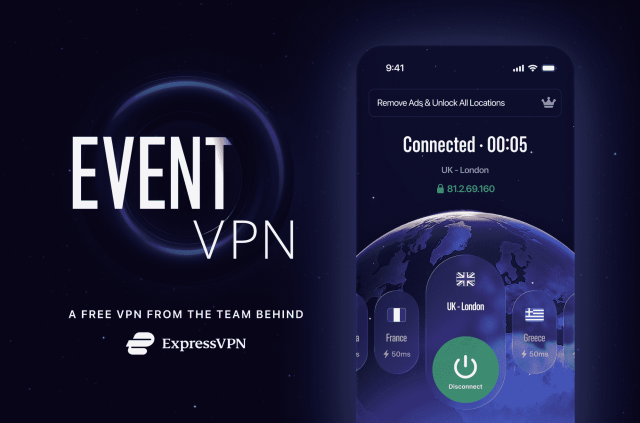Should exercising your right to be forgotten be forgotten?


In 2006, the “right to be forgotten” became law in the European Union, allowing individuals to demand that outdated information about them be removed from search results. But a new ruling by the EU’s Information Commissioner’s Office begs the question: Should the fact that you exercised your right to be forgotten ... also be forgotten?
According to the ICO, the answer is yes. Under the law, Google was forced to remove links about a shoplifting case that took place 10 years ago. But then some recent news stories were published about those very links being taken down, according to the Guardian. Those new articles included information about the original criminal offense—including the claimant’s name—and were indexed by Google, making the claimant’s effort to be forgotten moot.
As a result, the ICO ordered Google to remove nine links to the current news stories. The web giant refused, arguing the linked articles are essential to a recent news story and in the public’s interest. Google, which accounts for 90 percent of search traffic in Europe, has until September 22 to comply or appeal to the General Regulatory Chamber.
The ICO conceded that the search results are related to journalistic content and therefore in the public interest, but the ruling argued, “That interest can be adequately and properly met without a search made on the basis of the complainant’s name.”
Legal Precedent
As Google and other web companies continue to mine and collect data about individuals with or without their consent, more cases that blur the boundaries of the right to be forgotten are sure to crop up. Whether Google prevails or not, this case could set a legal precedent. But where does it end?
Removing content often draws media attention, and removing content about removing content only makes people more curious about the original source and why it’s being censored. The recursive cycle ends up having the opposite intended effect. It took us less than 10 minutes to dig up the claimant’s name and crime, but we probably would have never come across the story had the court not ordered the links redacted in the first place.
Getting Forgot
In countries that have implemented right to be forgotten laws, residents can fill out a Google form requesting which links they want wiped. Typically people want things like petty crimes and revenge porn removed. But just because the content no longer appears in search results, however, doesn’t mean it vanishes from the Internet altogether.
When Google purges a link as part of right to be forgotten, it alerts the website hosting it. Several news sites, such as the BBC and the Telegraph, publish lists of links to articles removed from Google so that people can still find them.
The right to be forgotten is also distinct from the right to privacy. An individual can legally request something be removed from the Internet if it was obtained in an illegal manner, such as an invasion of privacy. In contrast, the right to be forgotten applies to information legally on the public record that is deemed no longer relevant or in the public interest.
Ninety-five percent of right to be forgotten requests submitted to Google are from everyday members of the public, not high-profile criminals or public figures, according to the Guardian. Most people, it seems, just want to erase some dated personal information that made its way onto the internet.
Google has received 218,000 requests since it first started the program in May 2014 until March 2015. About half of these were granted.
Featured image: bahrialtay / Dollar Photo Club
Take the first step to protect yourself online. Try ExpressVPN risk-free.
Get ExpressVPN















